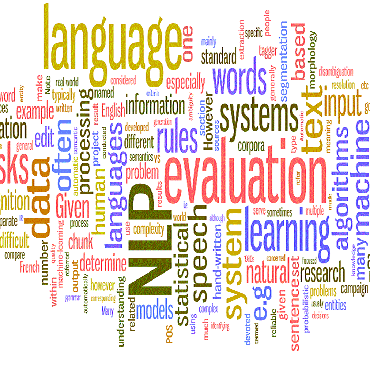The events in a narrative can be understood as a coherent whole via the underlying states of its participants. Often, these participant states are not explicitly mentioned in the narrative, left to be filled in via common-sense or inference. A model that understands narratives should be able to infer these implicit participant states and reason about the impact of changes to these states on the narrative. To facilitate this goal, we introduce a new crowdsourced Participants States dataset, PASTA. This dataset contains valid, inferable participant states; a counterfactual perturbation to the state; and the changes to the story that would be necessary if the counterfactual was true. We introduce three state-based reasoning tasks that test for the ability to infer when a state is entailed by a story, revise a story for a counterfactual state, and to explain the most likely state change given a revised story. Our benchmarking experiments show that while today's LLMs are able to reason about states to some degree, there is a large room for improvement, suggesting potential avenues for future research.
翻译:叙述中的事件可以通过参与者的基本状态被理解为一个连贯的整体。通常,这些参与者国在叙述中没有被明确提及,而是通过常识或推论被填充。一个理解叙述的模型应该能够推断出这些隐含参与者的状态的变化对这些状态在叙述中的影响和理由。为了便利这个目标,我们引入一个新的多方来源的参与者国数据集(PASTA)。这个数据集包含有效、可推断的参与者国;反事实干扰国家;如果反事实属实,则需要改变情况。我们引入了三个基于国家的推理任务,以测试在某个故事引起某一国家时能够作出推断的能力,为反事实状态修改一个故事,并解释一个经过修订的故事中最可能发生的状态变化。我们的基准实验表明,虽然今天的LMS能够在某种程度上解释国家,但有一个很大的改进空间,为未来研究提出潜在的途径。





